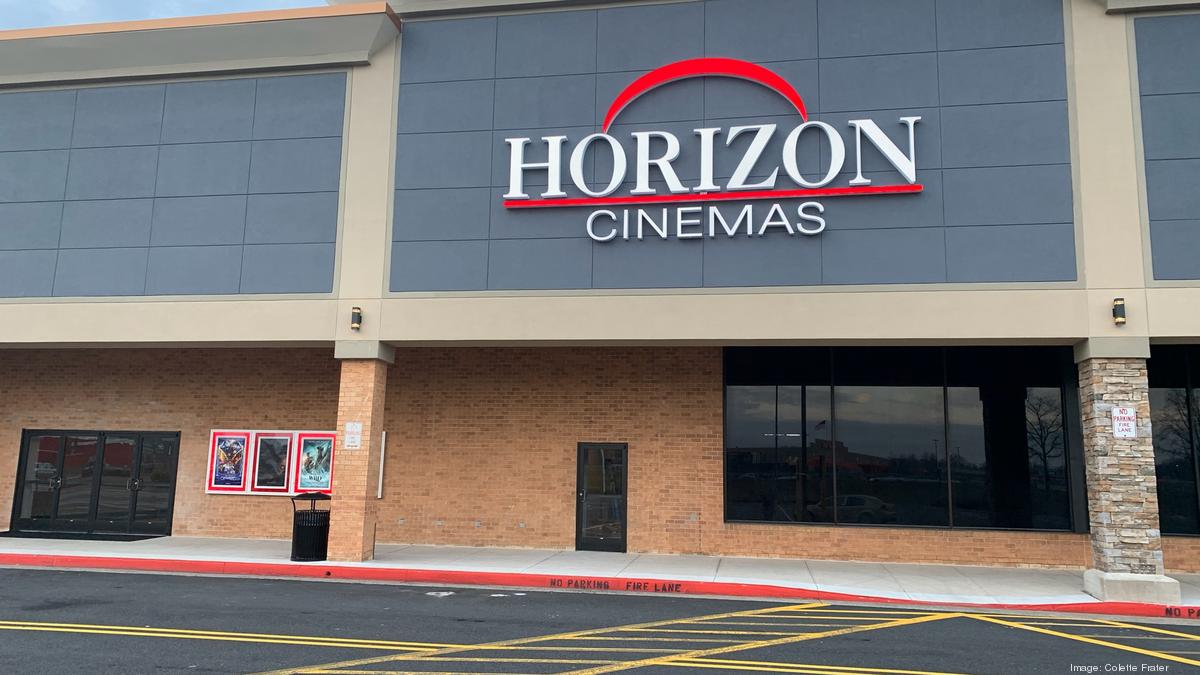
The first season of Loki introduced the MCU’s new Big Bad, time traveling Kang the Conqueror, and gave us our first substantial taste of the Multiverse.
HORIZON CINEMAS TV
After the departure of a number of franchise characters, including Steve Rogers, Tony Stark, Natasha Romanoff, and T’Challa, Marvel used Phase 4 to introduced more new heroes than it had created in the first three phases combined, most of them women and people of color, and a lot of them teenagers.Ī lot of this was thanks to the beginning of Marvel’s own in-continuity TV shows on Disney+, some of which fed directly into where the MCU is now headed. Phase 4 of the MCU, which ended in 2022 with Black Panther: Wakanda Forever and Disney+'s Guardians of the Galaxy Holiday Special, was a rebuilding period after the franchise’s long march toward the battle against Thanos. Any benefit to a time-traveling conqueror is merely coincidental.Īs to what it means to you, the fan: currently, it means the need for patience, more than anything else - and maybe revisiting the MCU so far in preparation for what’s to come, as well. As much as the new release dates for Marvel’s Phase 5 and Phase 6 projects might delay the fall of the Kang Dynasty - assuming that it does, indeed fall - the cause is far more grounded, being a combination of delays caused by the ongoing WGA and SAG-AFTRA strikes and, according to insiders, a belief that putting more distance between Marvel releases allows each to feel more like a big deal to fans. We’ll start with the earlier question first. Is this a ploy by Kang to prevent the heroes from stopping him in time, or something more mundane? And what does it mean to you, the viewer?
HORIZON CINEMAS MOVIE
"Until they are hurt bad enough, they will never understand what we are going through.The future of the Marvel Cinematic Universe is vast, complicated… and somewhat later than fans might have expected, as Marvel Studios reworks its television schedule after earlier pushing out its movie schedule. The only way big companies will feel the pain is if it comes out of their pocket," said Kemp. "BP will never understand the pain we feel. They also want to see the government enforce existing safety regulations, and they want the oil industry to pay for the death of their men and the ecological disaster in the Gulf. BP officials attended memorial services for both men, and sent potted plants.īut the women are anxious for the future, and are pressing Congress to repeal the Death on the High Seas Act, dating from 1920, which limits the compensation Transocean must pay for their husbands' deaths. In the six weeks since, each wife has been visited by the Transocean chief executive, Steve Newman, and they continue to receive their husband's paycheck. "They were having so many problems, and so many things happened, that things just got out of hand," said Kemp. Within the tight community of rig workers, the women said, the Macondo well was known as difficult. "We do live in very rural areas, and offshore work is a way to make a living and provide for our families," said Kemp.īut both reported disturbing conversations with their husbands in the days and weeks before the explosion, in which the men shared fears about safety aboard the Deepwater Horizon. Three-week shore leaves also gave the men time with their families which a 9-to-5 job could not provide, the women said. Roshto's high-paying job enabled his wife to go to college she would have graduated on 13 May, had his death not put her studies on hold. The women testified that they did not want a ban on offshore drilling.

"Our girls will only know what a wonderful father they had by the stories we tell them," his widow said. Kemp left two daughters: Kaylee, three, and Maddison, four months. She said he was the mirror image of a father he is too young to remember. "I never thought I'd go home to a bright-eyed three-year-old and face the fact that his dad, my husband, would never come home," said Roshto. Not today, as the two women, wearing blue ribbons on their lapels, told visibly moved members of Congress of the toll on their young families.
HORIZON CINEMAS TORRENT
In the torrent of news since the explosion about fouled beaches and oil-coated pelicans, the families of the dead, all from southern states, have occasionally complained that their loss is overlooked.


Both Kemp, whose widow Courtney also testified today, and Roshto worked for Transocean, the rig's operator and owner. Roy Wyatt Kemp, 27, was also among the 11 missing, presumed dead, from the sunken rig.


 0 kommentar(er)
0 kommentar(er)
